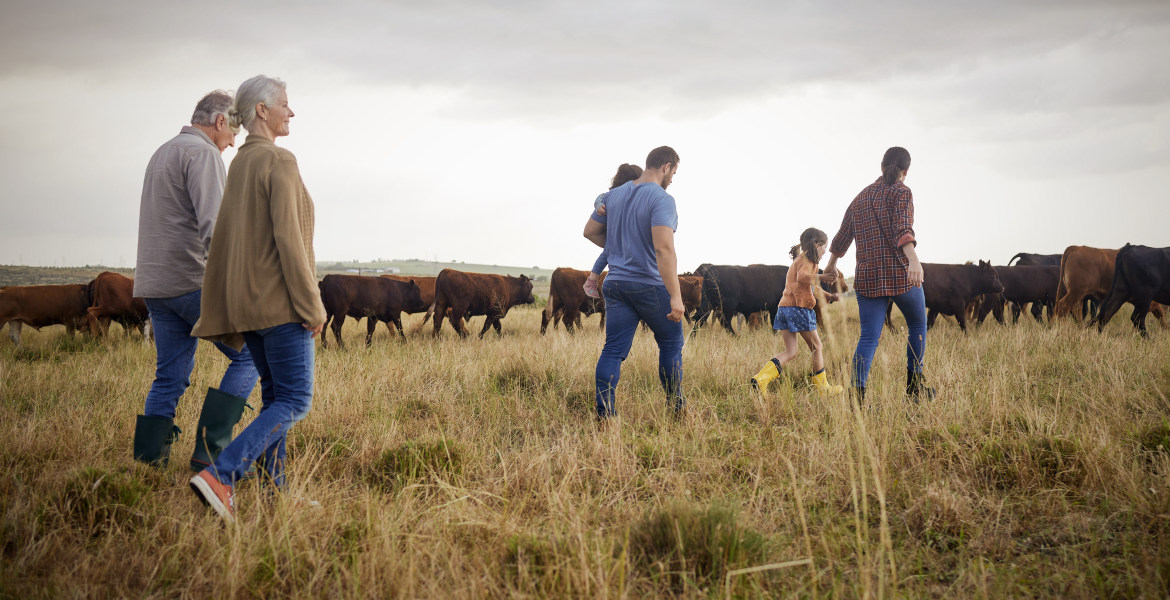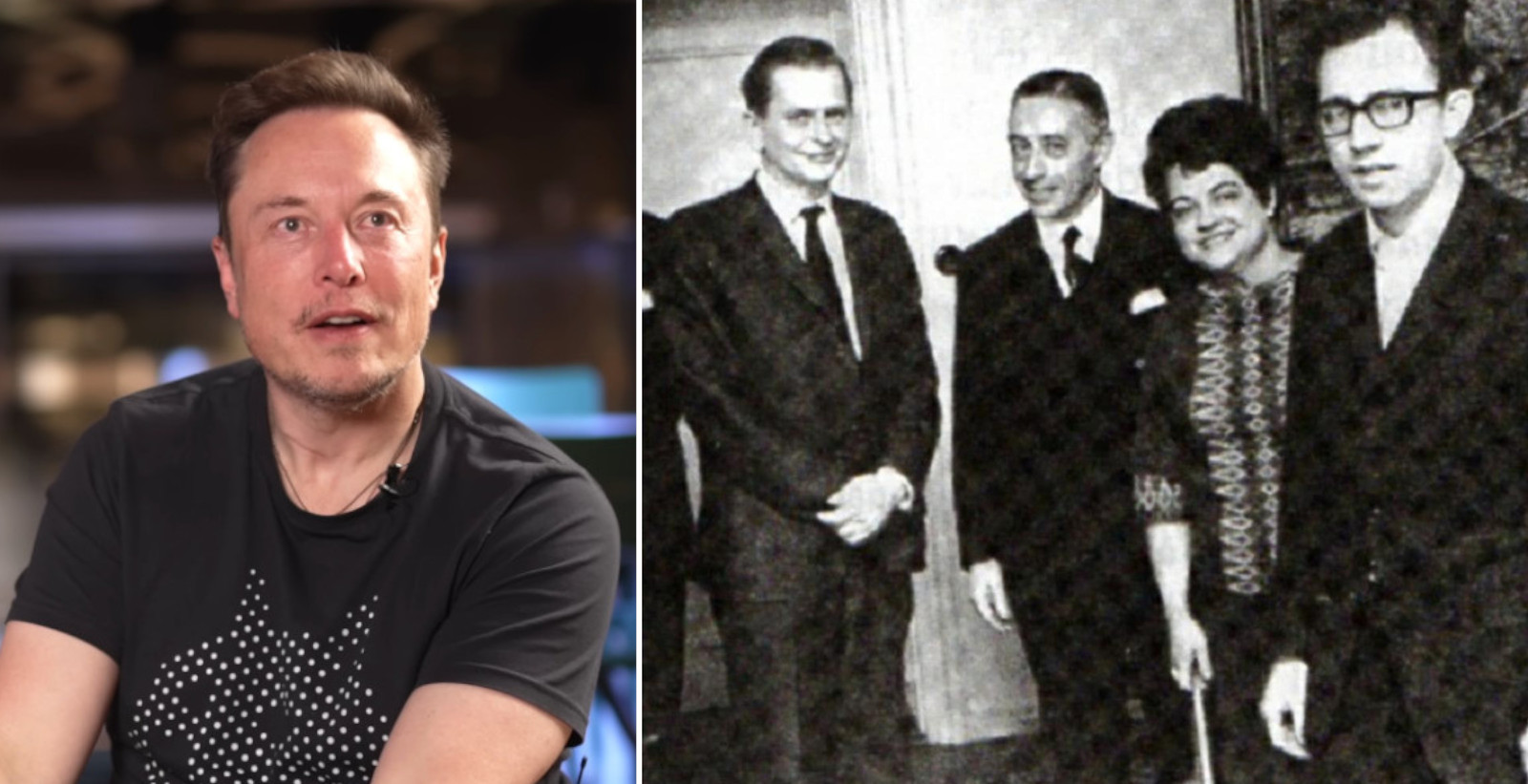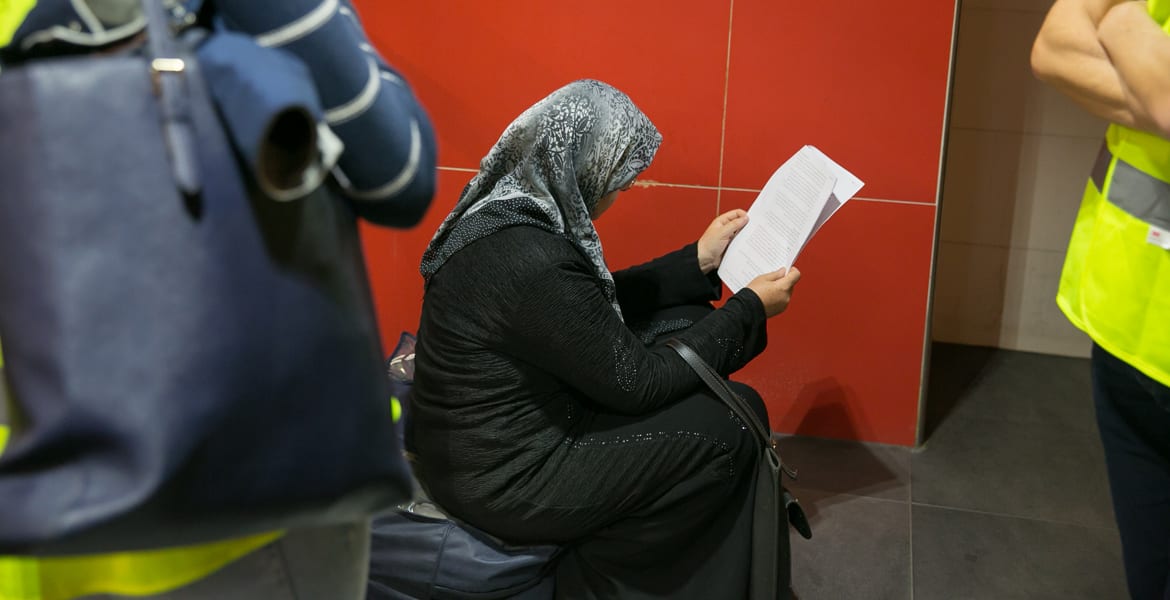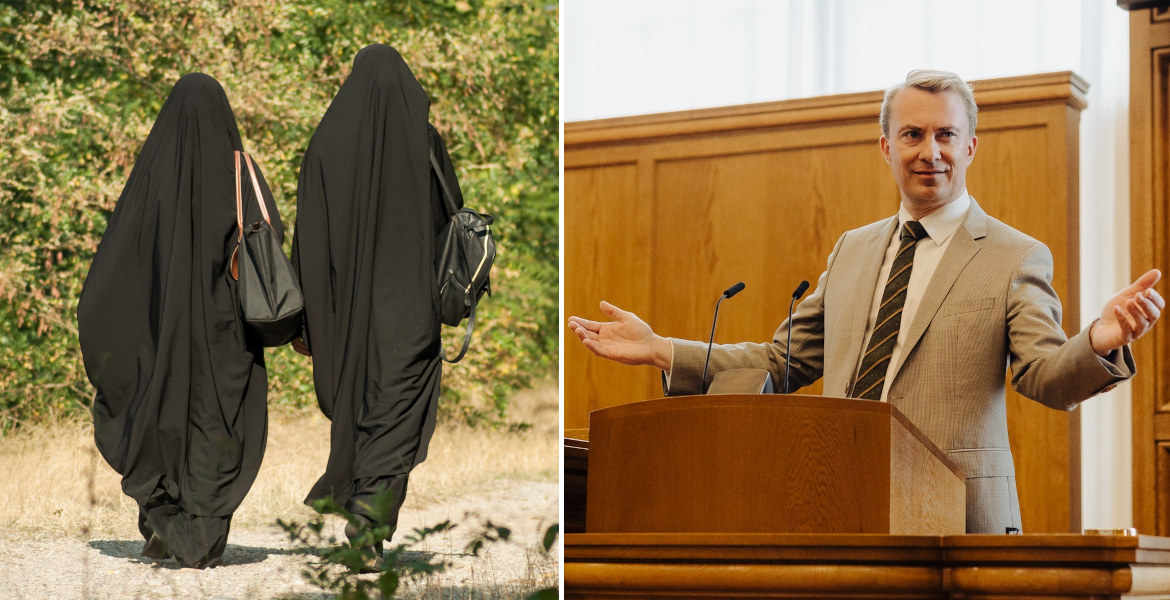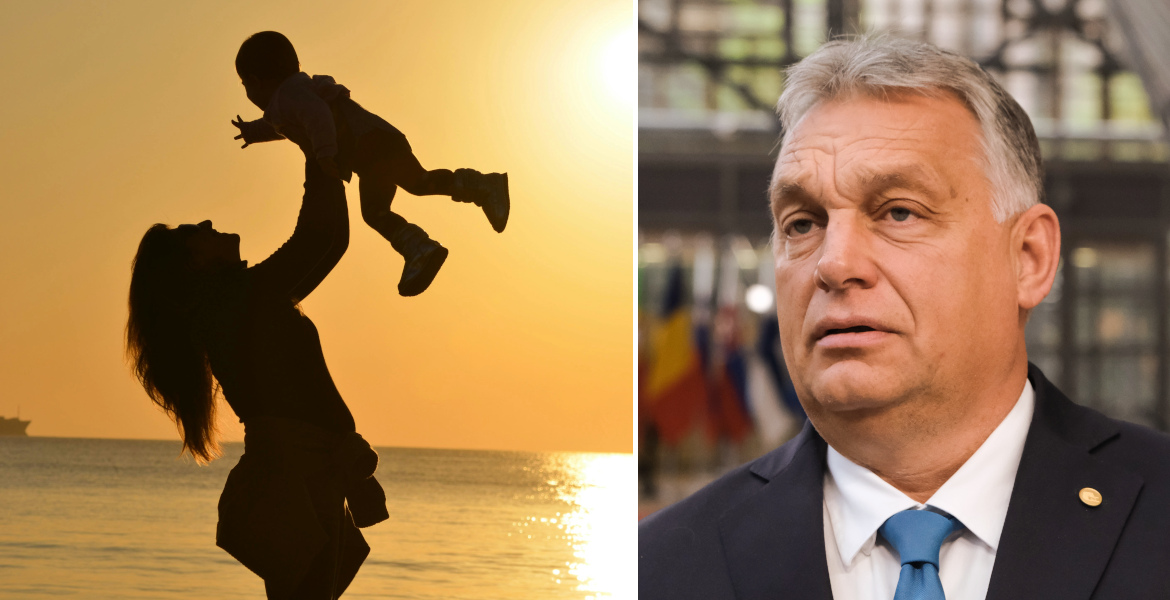One of the first presidential orders from the Trump administration was the US President's addressing the plight of European-descended South Africans, also known as Afrikaners or Boers, and willingness to open up to receive them as refugees in light of their increasingly difficult situation in South Africa. However, the initiative seems to have been met with mixed reactions among the Afrikaners themselves, who generally question why they would abandon the land they had inhabited for hundreds of years in the first place, long before the United States was even an independent nation.
The Cape Colony was founded in the 1650s by the Dutchman Jan van Riebeeck and the first European settlers, mainly Dutch and French. They established themselves as farmers on the Cape Peninsula as an extension of the Dutch East India Company's trade route between Europe and Asia.
Despite bloody conflicts with Bantu tribes expanding into the area, an advanced agricultural system developed in South Africa's varied climate and landscape over the following centuries. In practice, an entirely new European culture, the Afrikaners, was now also emerging, from which several state formations would emerge. However, the Afrikaners would find it difficult to assert themselves against the powerful British Empire's claims to the Cape Peninsula. The Afrikaner states of Orange Free State and Transvaal fought a dramatic conflict against Britain to preserve their self-determination, despite winning what became known as the First Boer War in 1881. Eventually, however, British military power proved too much to resist and after the Second Boer War, they were annexed into the British colonial empire in 1902.
During the 19th and 20th centuries, agriculture grew in scale, and Afrikaner farmers continued to play a key role in establishing efficient production methods, modern irrigation systems and export markets. During the 20th century, South Africa became one of Africa's largest producers of wheat, maize, fruit and livestock – a position that is still largely maintained thanks to Boer farmers.
Thousands of attacks
Since Nelson Mandela's ANC took power in 1994, the situation for the Boers has become increasingly precarious. In recent decades, thousands of them have been murdered in brutal attacks on their farms. These farm murders have attracted some international attention, but the South African government has often dismissed or downplayed the problem of what are believed to be racially motivated attacks.
Getting a clear picture of exactly how many Afrikaner farmers have been killed over the past 30 years is very difficult – partly because the South African government has stopped reporting the statistics separately and instead lumps them together with other murders committed in the heavily violent crime-ridden country. Instead, it is up to advocacy organizations that protect the rights of Africans to try to identify all cases and compile the statistics themselves.
Common to these murders is that they are often marked by extreme violence, torture, and abuse, leading to theories that the motives go far beyond ordinary crime – suggesting instead that they stem from hatred and resentment directed at the Afrikaners. Analysts also argue that the racially charged rhetoric from certain political leaders, such as the communist leader Julius Malema, has contributed to creating a highly dangerous environment for the Boers, with many warning that the situation risks escalating into an outright genocide.
PLAASMOORDE: SOUTH AFRICA'S SOMBER TRIBUTE TO FARM ATTACK VICTIMS
Nestled on Ysterberg's slope between Mokopane and Polokwane, the Witkruis Monument, also known as Plaasmoorde, features 3,000 crosses honoring victims of South Africa's farm attacks.
Since its creation in 2004,… https://t.co/o6A6bW5Gc0 pic.twitter.com/tEtEIsQMLU
— Mario Nawfal (@MarioNawfal) January 12, 2025
The escalation of incitement and violence, which has already put many white farmers under increasing pressure to leave their farms or move abroad, has also had a concomitant impact on South Africa's food production and economic stability. In fact, the expertise and knowledge of farmers is considered invaluable to the country's economy, especially given that the agricultural sector employs millions of people and accounts for a significant share of South Africa's GDP.
Expropriation and discrimination
Alongside the escalating cycle of violence, the South African government has implemented a series of bills and policies aimed at redistributing land from white farmers to black South Africans, often without compensation. The expropriation of land that has been farmed by Afrikaner families for centuries has raised growing concerns both inside and outside the country. Afrikaners run most of the country's large-scale farms, which account for 95% of domestic production of essential foodstuffs. These include maize, wheat, fruit, vegetables and other crops that are central to both the local market and exports.
South Africa remains largely self-sufficient in food, but imports of some products have increased. At the same time, virtually all attempts to 'redistribute' land to black farmers have failed and only a very small proportion of black commercial farmers have managed to become profitable. If Afrikaners continue to be marginalized, attacked and murdered, the consequences could therefore be disastrous, not only for themselves, but for the food security and economic stability of South Africa as a whole.
Why should White people care about the White South Africans???
Plays clip of South African political leader Julius Malema shouting “Kill The Boer.” (White farmer) to the thunderous applause of thousands of people….
That’s why. pic.twitter.com/FGBWBPdhAH
— Uncommon Sense (@Uncommonsince76) February 8, 2025
Despite the increasingly hostile environment, many Boers persist in cultivating the land and contributing to the country's food security, but many experts and analysts warn that South Africa is heading for a similar fate to Zimbabwe, where similar policies by President Robert Mugabe, harshly targeting the white population, led to an internationally publicized collapse of agriculture, food shortages and economic crisis.
Message from a Boer to President Trump.
Please listen and share. pic.twitter.com/hE04ACdmrP
— Boer (@twatterbaas) February 5, 2025
"Don't want to move elsewhere"
Afrikaners see South Africa as their natural home and have lived there longer than many European nations have existed and, contrary to popular belief, even before Bantu expansion reached the region. Many of them naturally do not see leaving South Africa as an option, but simply want to live their lives in peace, without discrimination or bloody attacks.
– We are not going anywhere. Our members work here, and want to stay here, and they are going to stay here. We are committed to build a future here, explains Dirk Hermann, Executive Director of Afrikanderfwerket Solidarity.
– We have to state categorically: We don’t want to move elsewhere, adds Kallie Kriel, Executive Director of the advocacy organization AfriForum.
There has been speculation that Elon Musk, with his African origins and his role in the new US administration, was instrumental in Trump's presidential order to open the door to Africans. However, if the US really cares about their future, it is not enough to open the doors, they also need all the support they can get to close their doors against further escalating racism and brutalization within South Africa's borders.
